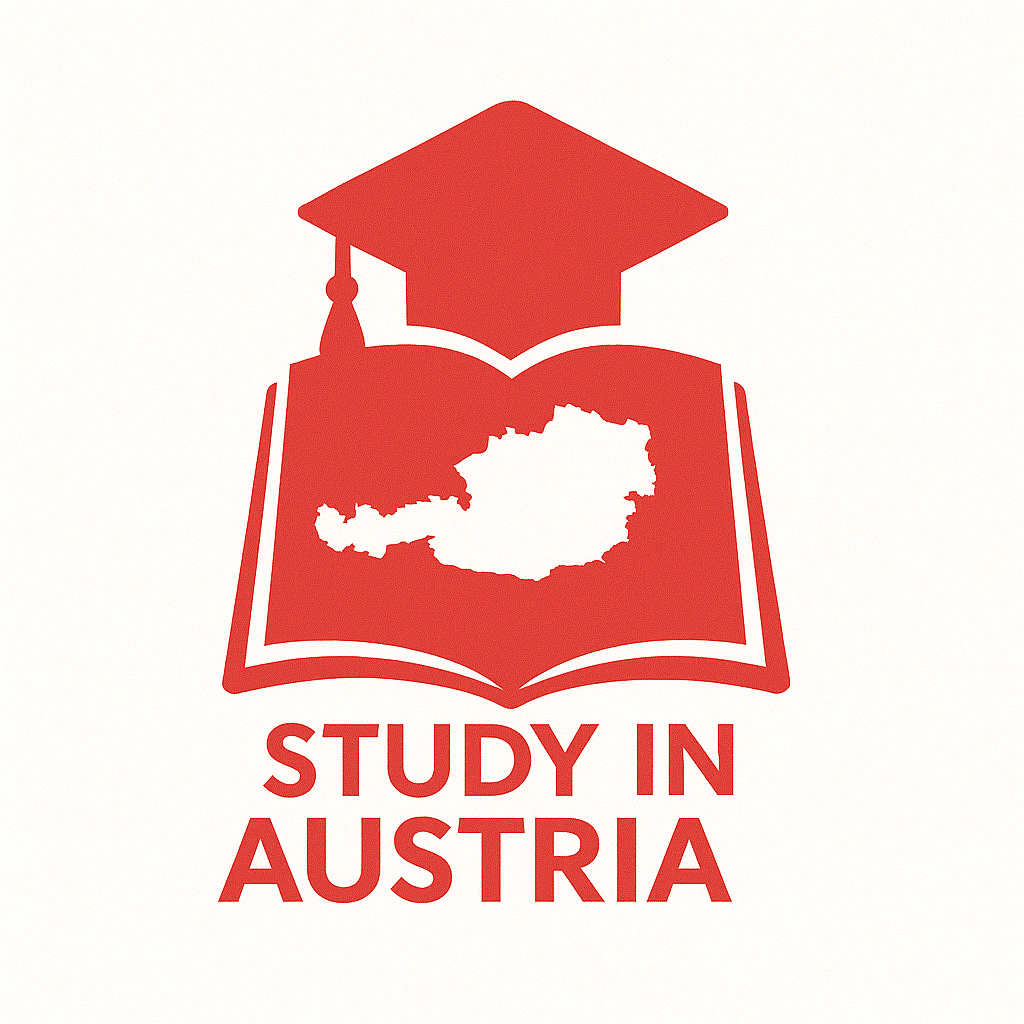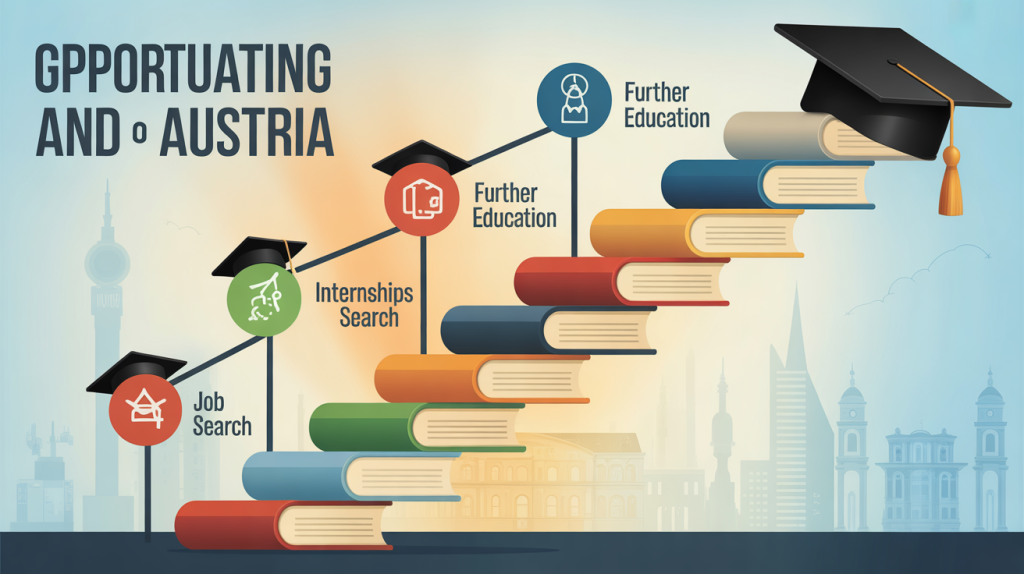Life After Graduation from an Austrian University: Key Steps and Opportunities
Transitioning to Employment
Permanent Immigration and Long-Term Opportunities
Career Support for Graduates
Tips for a Smooth Transition
Conclusion
Extending Your Stay After Graduation
One of the primary concerns for international graduates is how to remain in Austria after completing their studies. Austrian law facilitates this process by allowing graduates a one-time extension of their student residence permit for up to 12 months. Here’s how it works:
- Eligibility Criteria: This extension is available to individuals who have completed their studies at recognized institutions in Austria, including universities, universities of applied sciences, and accredited private universities.
- Application Process: Graduates must apply for this residence permit extension at the relevant residence authority before their current student permit expires. It is crucial to act promptly to ensure compliance with legal requirements.
This extension provides the critical time needed for graduates to seek employment in Austria, offering a pathway to meaningful job opportunities.
Transitioning to Employment
During the 12-month period granted by the residence permit extension, graduates can focus on finding work that aligns with their qualifications. Here’s what to know about this transition:
- Job Search: Graduates are encouraged to seek positions that directly relate to their field of study and educational qualifications. It is essential to research and apply for roles that suit educational backgrounds and skills.
- Rot-Weiß-Rot Card for Graduates: If a graduate secures a full-time job that meets local salary standards and matches their qualifications, they can apply for the Rot-Weiß-Rot Card. This card enables highly-qualified non-EU citizens to live and work in Austria and is available to graduates who have completed at least the second stage of a diploma program or a master’s degree.
- Salary Compliance: It is imperative to ensure that the employment offer complies with Austrian salary standards and collective bargaining agreements. This adherence not only legitimizes the job offer but also strengthens the application for the Rot-Weiß-Rot Card.
With clear pathways to employment, international graduates can settle into their respective fields and make meaningful contributions to the Austrian economy.
Permanent Immigration and Long-Term Opportunities
Successfully obtaining a job through the Rot-Weiß-Rot Card is often a crucial step toward achieving permanent residency in Austria. Here’s how to navigate this transition:
- Pathways to Permanent Residence: After a period of sustained legal employment and residence under the Rot-Weiß-Rot Card, graduates may explore options for permanent immigration. This involves fulfilling residency requirements and demonstrating integration into the Austrian labor market.
- Long-Term Stability: Gaining permanent residency offers graduates long-term stability and the ability to fully engage with local communities and workplaces in Austria.
Career Support for Graduates
Austrian universities recognize the challenges faced by international graduates and provide a robust network of career support services. These resources are invaluable in facilitating a smooth transition into the job market:
- Career Centers: Most universities have dedicated career centers that assist students with job searching and offer guidance on CV preparation and interview techniques.
- Alumni Networks: Graduates can tap into alumni networks, providing access to a wealth of industry connections and mentorship opportunities. Engaging with alumni who have successfully navigated similar paths can provide insights and encouragement.
- Information Events: Regular information sessions and job fairs organized by universities allow graduates to connect directly with potential employers and gain insights into industry demands.
Tips for a Smooth Transition
To foster a successful transition from student life to professional employment, consider the following tips:
- Plan Early: Start researching employment opportunities and residence options well before graduation. This proactive approach can prevent last-minute scrambling and uncertainty.
- Keep Documentation Updated: Maintain comprehensive records of your studies, including transcripts and proof of academic qualifications, as these documents are often required for residence permit applications.
- Stay Informed: Regularly monitor any changes to residency regulations and labor market criteria to ensure compliance. Being informed can significantly impact your ability to secure employment and transition smoothly.
- Engage in Networking: Take advantage of university career days and professional networking groups. Building connections with industry professionals and alumni can lead to job opportunities and collaborative ventures.
By understanding the steps involved in transitioning from academic life to a rewarding professional journey, international graduates can successfully navigate their post-graduation experience in Austria.
Conclusion
Life after graduation from an Austrian university comes with numerous opportunities and potential challenges. By proactively planning for residence and employment, utilizing university support services, and engaging with the local job market, international graduates can set themselves up for success.
At Study in Austria, we are committed to assisting international students not only in their educational pursuits but also in ensuring a holistic transition to professional life in Austria. Whether you are a recruiter, university admissions officer, or an agency specializing in student placements, we invite you to collaborate with us to enhance international education opportunities in Austria.
For more information on our services and to explore partnership opportunities, please contact us today. We look forward to supporting your journey in education and beyond!
Take the Next Step with Study in Austria
Explore further opportunities available to you as you transition from your studies to a professional career in Austria.

